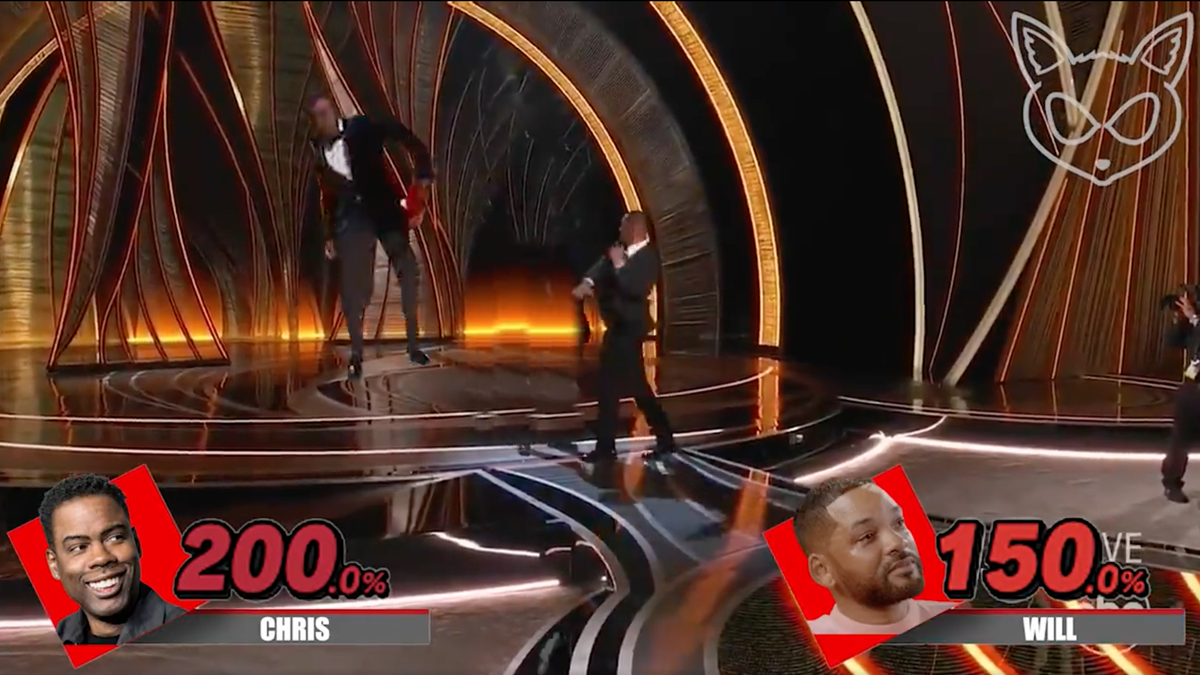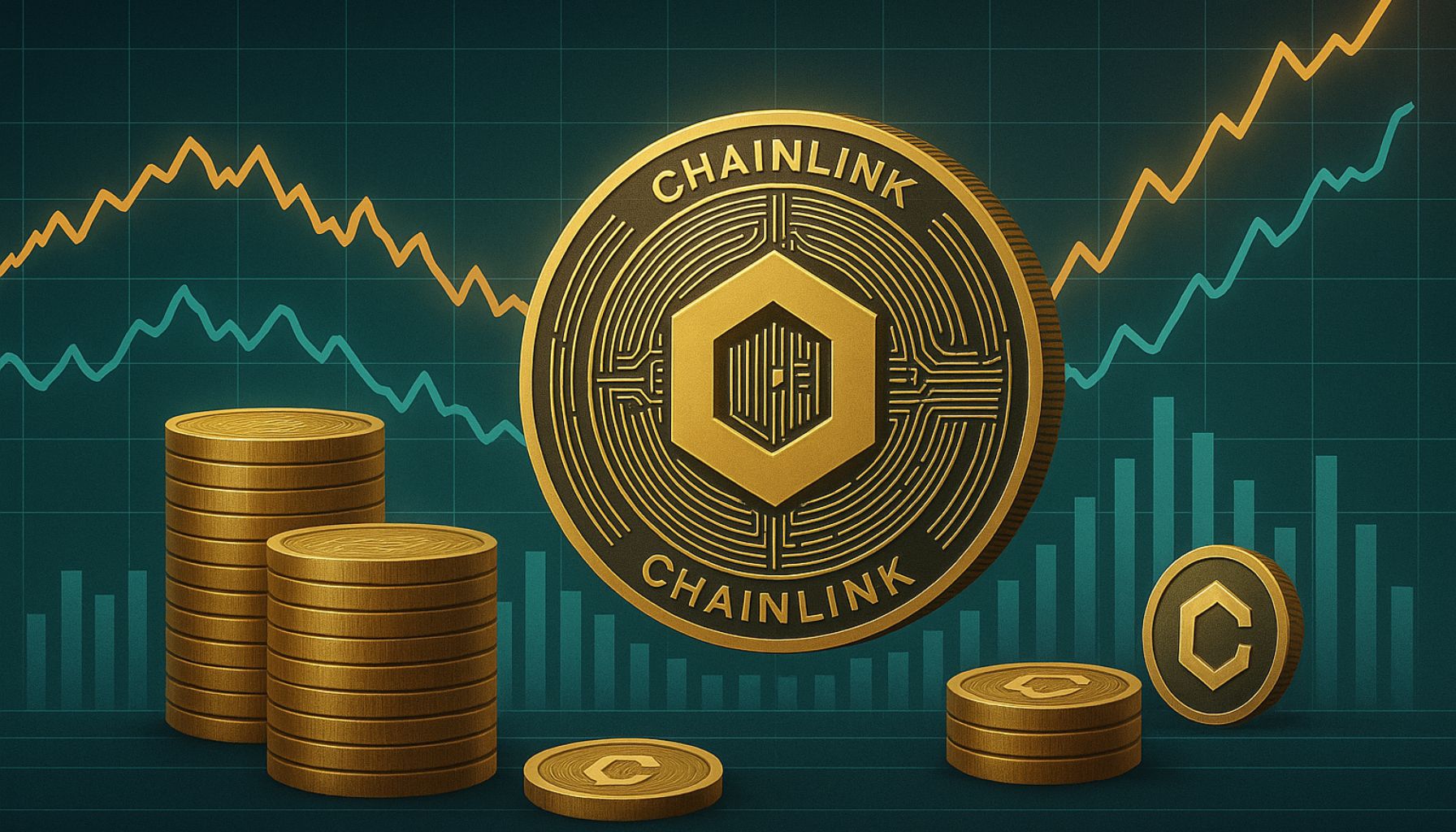The Least-Bad Way to Buy a Car Right Now
There’s never been a worse time to buy a car. According to Consumer Reports, there are more new cars available than there were a year ago, but prices keep rising because production favors higher-cost models. The used car market...

Photo: hxdbzxy (Shutterstock)
There’s never been a worse time to buy a car. According to Consumer Reports, there are more new cars available than there were a year ago, but prices keep rising because production favors higher-cost models. The used car market is equally bleak: Prices declined in December 2022, everyone rushed out to take advantage of the price drop in January, and now the cost of used cars spiking yet again.
New and used cars are both more expensive
The gold standard of buying a car is still paying cash and in full—the exact opposite of that is signing a lease. (Whatever you do, never lease a car if you can avoid it.) This leaves most buyers with one option: Getting an auto loan. But with both interest rates and list prices continuing to rise with no end in sight, financing a car costs a lot more than it did a few years ago.
Interest rates for used auto loans are higher than new vehicle loans to begin with, and both are only getting higher: As of January 2023, the average new loan rate was 8.41% and the average used rate was 12.88%, according to Kelley Blue Book. (A year ago, those numbers were 5.3% and 9.4%, respectively.) When you consider that the average price of a new car is nearly $50,000 and the average used car is still nearly $30,000, it’s easy to get extremely bummed out.
If you’re in the market for a new or used car, it can feel like you’re screwed no matter what you do—and in a sense, you’re right. There’s no good (read: cheap) way to buy a car right now, but if you absolutely need to, some financing options are better than others.
G/O Media may get a commission
Least bad: Taking a credit union loan
Credit unions offer auto loans at significantly lower rates than banks, and often at lower rates than dealerships, although some dealers offer comparable rates specifically to compete with credit unions. The downside is that credit unions are members-only and can have stricter credit score requirements than other financing options. (A credit union won’t punish you for a low credit score with an exorbitantly high interest rate, but if your score isn’t high enough, you won’t qualify for a loan at all.) If nothing else, seeing what a local credit union can offer offers a great benchmark for comparison shopping, particularly if you already do your banking with one.
Slightly worse, but probably fine: A bank loan
Getting an auto loan from a bank has most of the same pros and cons as getting a loan from a credit union, but with slightly less attractive interest rates. Banks do tend to be a little more “forgiving” of borrowers with low credit scores, which can be helpful, but expect to get dinged with a higher interest rate.
Riskiest: Dealer financing
Financing a car purchase through a reputable dealer can be an attractive option. The “one-stop shop” aspect is convenient, and if you have a strong negotiating position—like a flawless credit score or the ability to make a hefty down payment—you may be able to talk your way into a better deal than a traditional loan from a bank or credit union. But bad car dealers often engage in predatory loan practices that make buying a car even more expensive than it already is—especially for people who really need a car and don’t have financial clout to throw around.
Dealership loan interest rates vary by region, but as a general rule, they’re higher than those from banks and credit unions. Depending on your financial situation, this may already be a dealbreaker. But higher rates aren’t the only reason to tread carefully with a dealer loan. A recent NPR piece describes the practice of “yo-yoing” car sales, in which a dealer reneges on what the buyer assumed was a finalized sale. The piece focuses on a couple from rural Florida who traded in their old car for a new model, then three weeks later got a call from the dealer saying that the financing had “fallen through” and they had to sign a new contract with worse terms if they wanted to keep their car. And they’d already sold the trade-in, so they couldn’t get their old car back, either.
This happens more often than you’d think—NPR surveyed about 40 lawyers, who cumulative reported they’d fielded calls from 900 buyers in the past year alone about yo-yo car sales—and it has devastating consequences. It’s also just the most recent example of the nasty tricks car dealers will pull to get you to sign a contract.
Ultimately, the best way to protect yourself as a potential buyer is to shop around and read every single scrap of fine print before signing anything—especially if you’re considering taking the dealer financing route. It may not be an ideal time to buy a car, but with a little extra research and vigilance, you can find something that works for you.

 Hollif
Hollif 

































